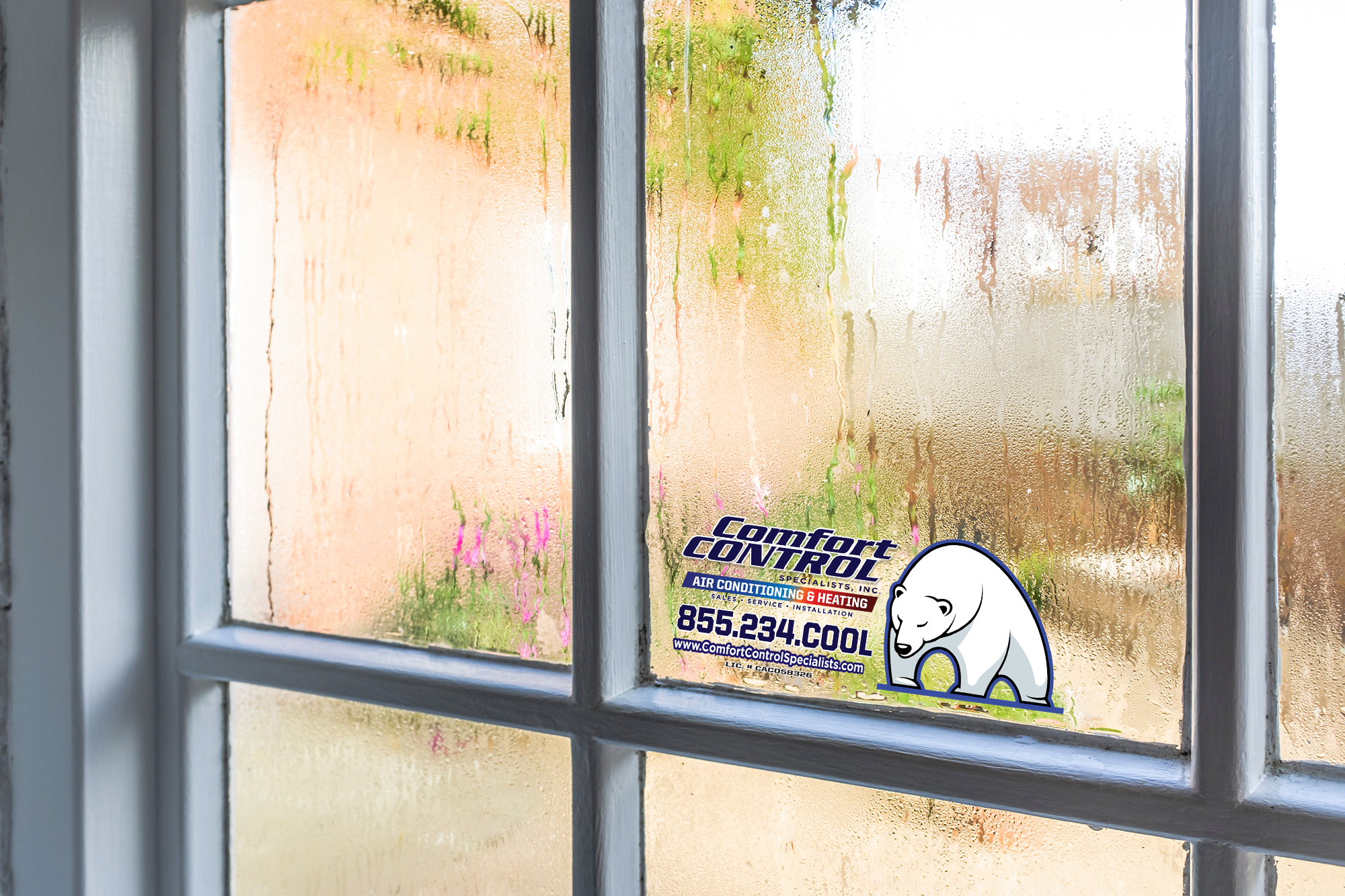[vc_row][vc_column][vc_column_text]Florida is known for its hot and humid weather, making air conditioning a necessity for many residents. However, high humidity levels can take a toll on your AC system, affecting its efficiency and performance. In this blog post, we will discuss how Florida’s humidity impacts your AC system and what you can do to keep it running smoothly.
What is Humidity?
Humidity refers to the amount of moisture in the air. When the air is saturated with moisture, it becomes humid. High humidity levels can make the air feel heavy and oppressive, making it difficult to cool down. This can cause discomfort, as well as increase the risk of health problems such as respiratory issues and heat exhaustion.
How Does Humidity Affect Your AC System?
Humidity affects your AC system in several ways, making it important to understand its impact. Here are some of the ways that humidity can impact your AC system:
- Reduced Efficiency
High humidity levels can reduce the efficiency of your AC system. This is because the air conditioner must work harder to remove moisture from the air, making it more difficult to cool down. This can result in higher energy bills, as well as reduced comfort levels.
- Increased Wear and Tear
High humidity levels can also increase wear and tear on your AC system, reducing its lifespan. The AC unit has to work harder to cool down, which can put a strain on its components and increase the risk of breakdowns and repairs.
- Mold Growth
Humidity can also lead to mold growth in your AC system. Mold thrives in warm and damp environments, making your AC unit an ideal place for it to grow. This can result in poor indoor air quality and health problems for you and your family.
- Increased Maintenance Costs
Finally, high humidity levels can also increase the cost of maintaining your AC system. The AC unit has to work harder to cool down, which can increase the risk of breakdowns and repairs. This can result in higher maintenance costs, as well as reduced comfort levels.
How to Combat the Impact of Humidity on Your AC System
There are several steps that you can take to combat the impact of humidity on your AC system, including:
- Install a Dehumidifier
A dehumidifier is a device that removes moisture from the air, reducing humidity levels in your home. This can make it easier for your AC system to cool down, reducing wear and tear and increasing efficiency.
- Regular Maintenance
Regular maintenance is crucial to keep your AC system running smoothly, especially during high humidity months. This includes cleaning or replacing air filters, checking refrigerant levels, and ensuring that all components are in good working order.
- Use Fans
Fans can help to circulate air and reduce humidity levels in your home. They can also help to improve indoor air quality, as well as reduce the workload on your AC system.
- Install Insulation
Insulation can help to reduce humidity levels in your home by preventing warm, humid air from entering. This can make it easier for your AC system to cool down, reducing wear and tear and increasing efficiency.
- Upgrade Your AC System
Finally, upgrading your AC system can help to combat the impact of humidity on your AC system. A high-efficiency AC unit can remove moisture from the air more effectively, reducing wear and tear and increasing efficiency.
Conclusion
High humidity levels can have a significant impact on your AC system, affecting its efficiency, performance, and lifespan. By understanding the impact of humidity on your AC system and taking steps to combat it. If you have any questions, don’t hesitate to contact the Comfort Control Specialists for a comprehensive AC inspection and tune-up.[/vc_column_text][/vc_column][/vc_row]



